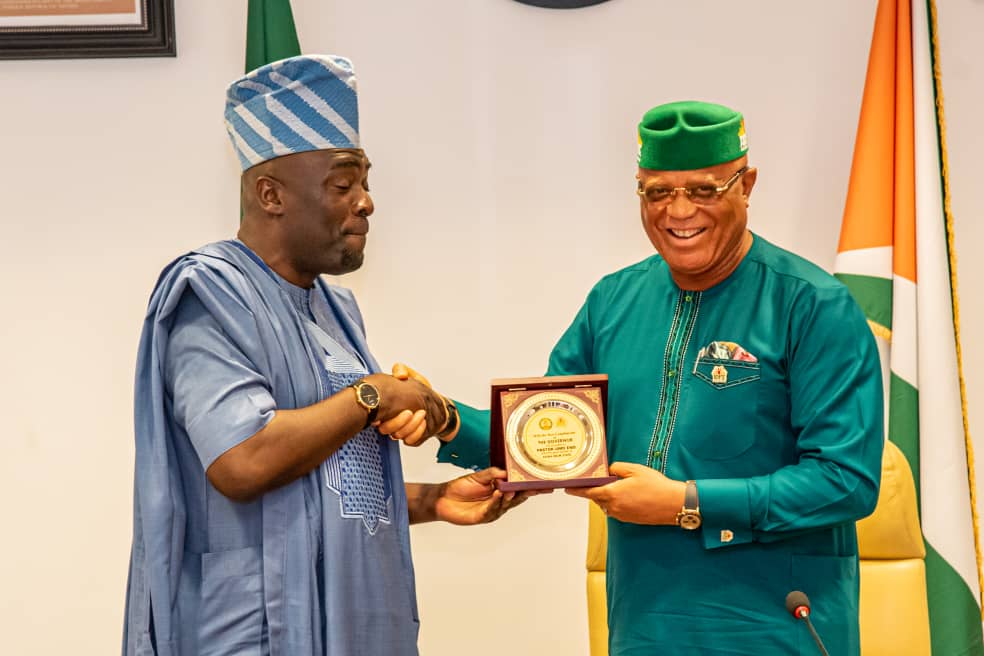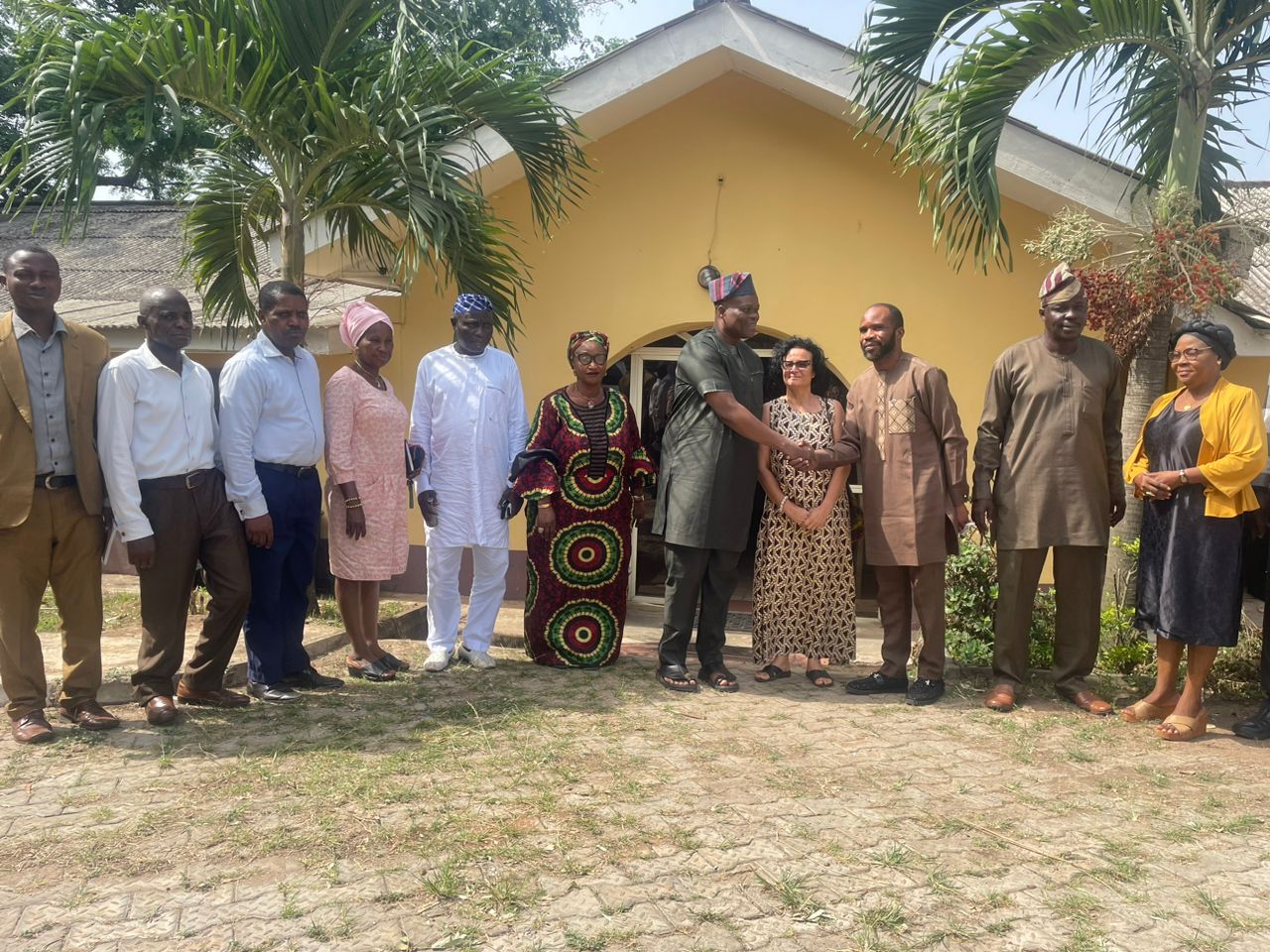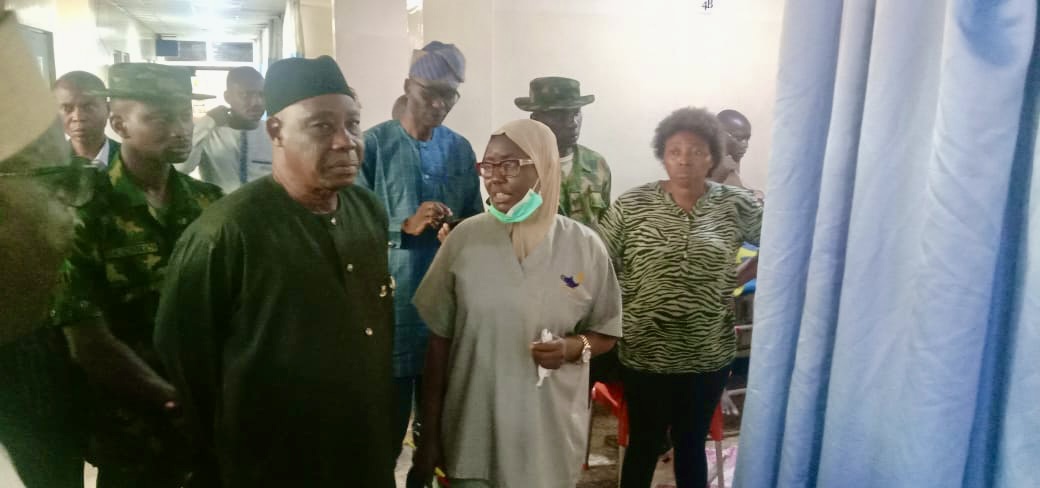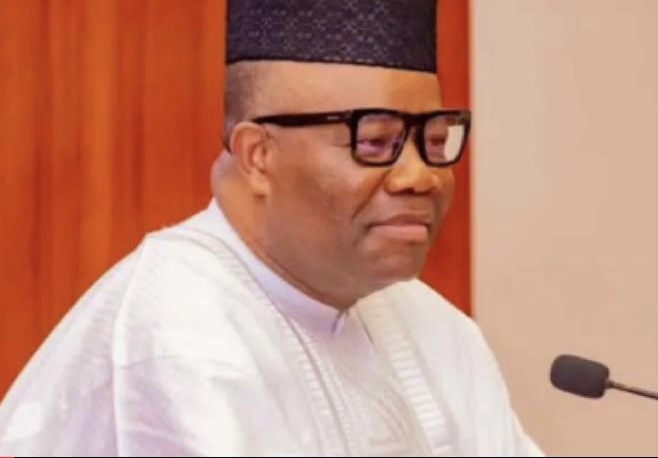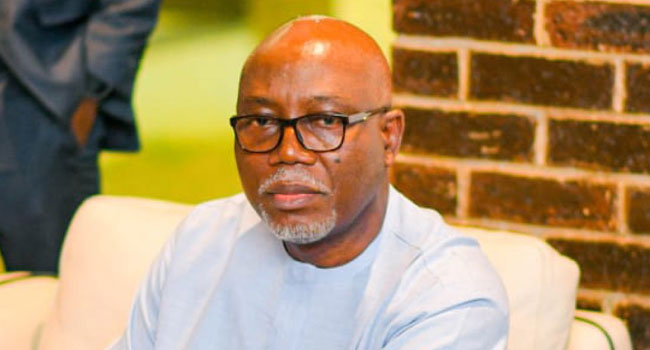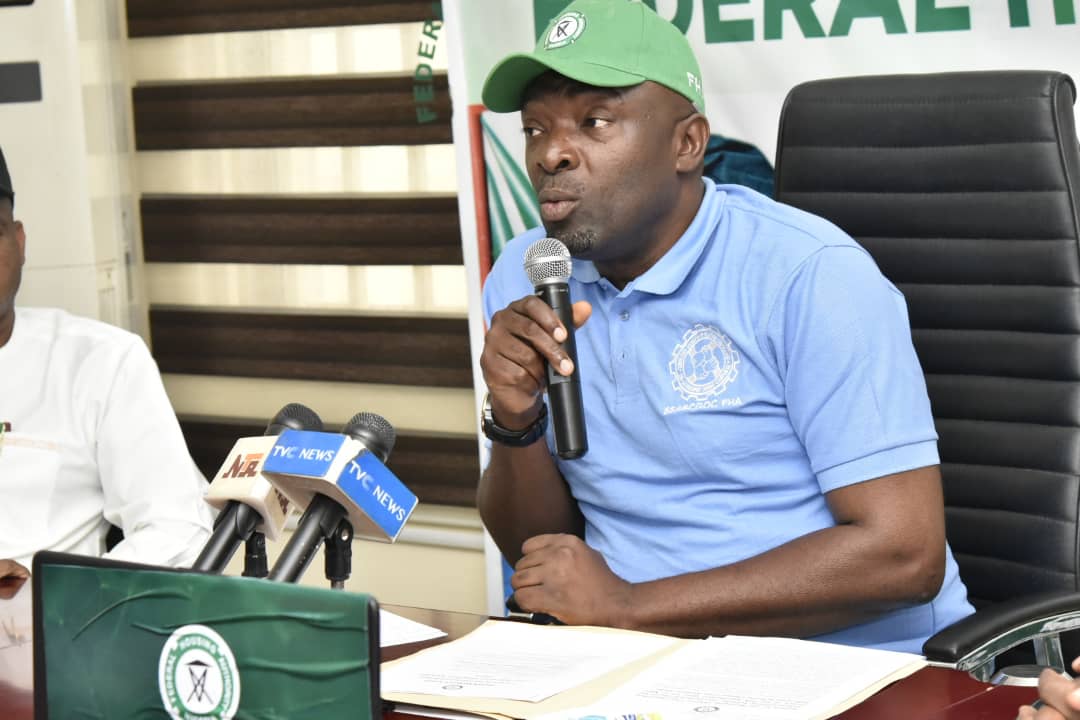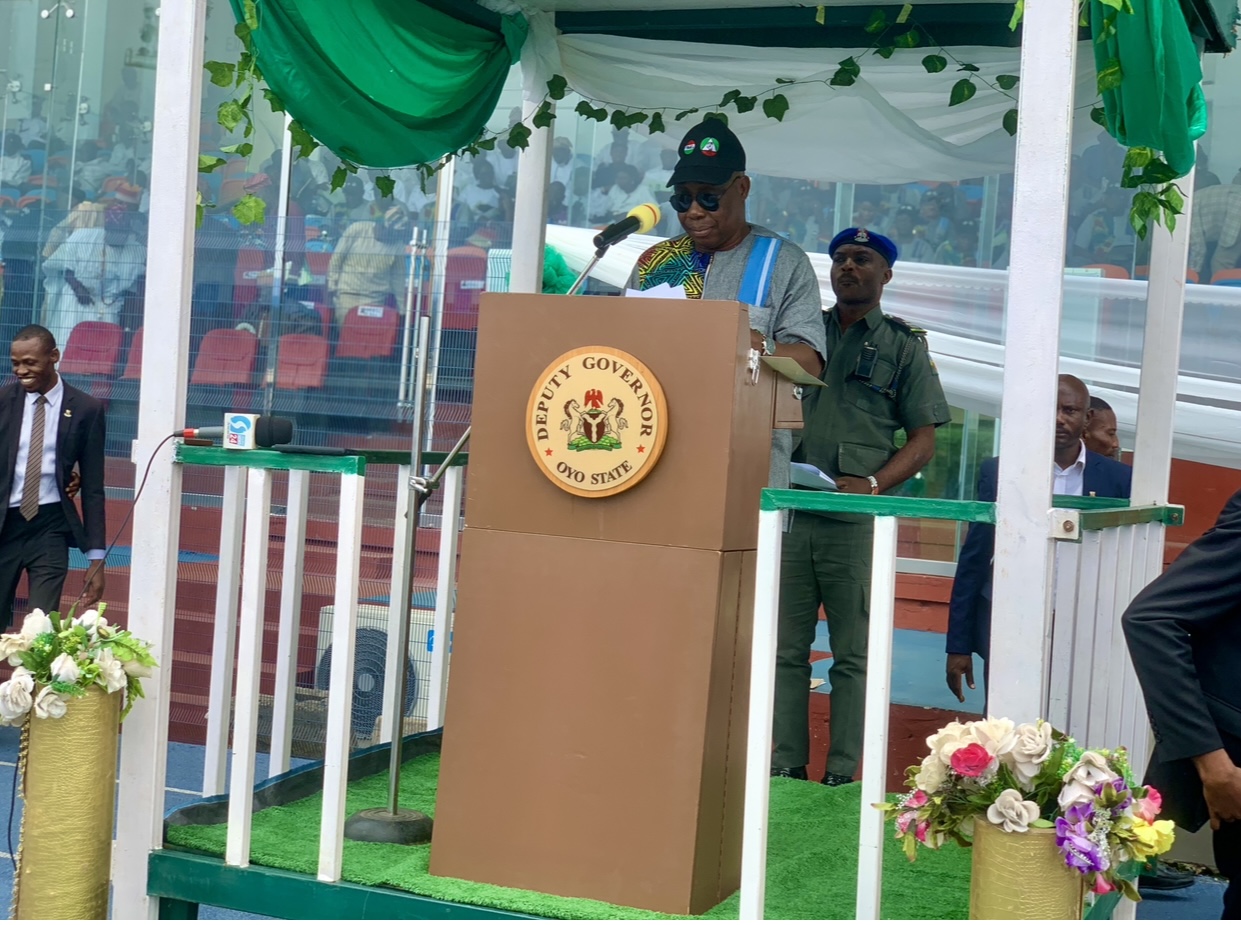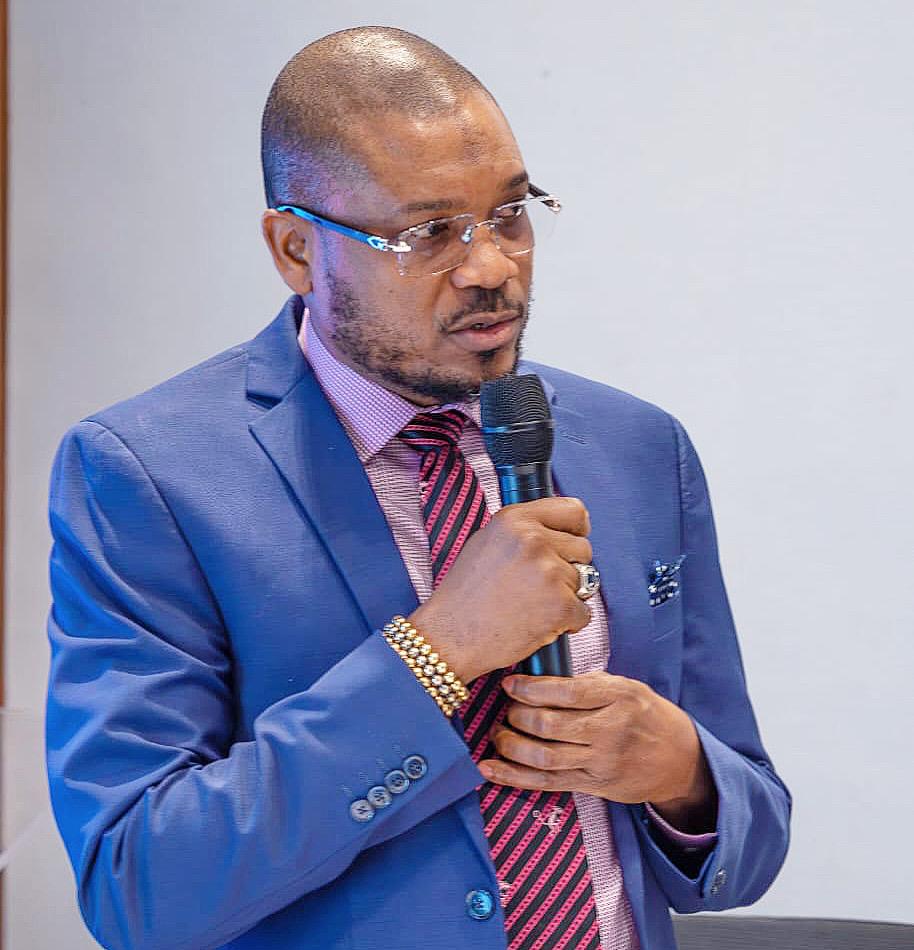FG Targets Production Of Locally Made Vehicles By December
The Minister of Industry, Trade and Investment, Dr Doris Uzoka-Anite, has affirmed that Nigeria now has the capacity and materials to manufacture Made-In-Nigeria cars for local use and export.
With the enabling environment being provided by the government, she said manufacturers should be held responsible if the cars are not rolling out by December 2024.
Currently, Nigeria produces less than 10 per cent of the vehicles used in the country.
Last year, Nigeria’s vehicle assembling industry, estimated to be worth around N302bn, tanked to a new low due to increasing production costs and weakened demand for locally assembled automobiles.
According to the Manufacturers CEOs Confidence Index, activities of motor vehicles and miscellaneous assembly deteriorated further below the benchmark (50 points) from 48.6 to 46.7 points.
But speaking at the Automotive Component Manufacturers meeting in Abuja, she noted that the automobile industry is faced with both challenges and opportunities.
A statement issued on Friday by the Director of Information and Public Relations, Adebayo Thomas, said, “In a significant move aimed at fostering sustainable growth and development in Nigeria’s automobile industry, the Federal Government has issued a clarion call to all stakeholders, including manufacturers, dealers, regulatory bodies, and other players in the automobile ecosystem.
“The call comes as part of a broader strategy to enhance the sector’s contribution to the nation’s economy.”
Encouraging the stakeholders to key into the Nigerian Automotive Development Policy, the Minister said, “As far as we are concerned, the auto industry is now set to go.
“We are counting on all stakeholders to make that happen. If we do not produce made-in-Nigeria cars before the end of this year (December), it will be your fault, because I am sitting down here giving you all the assurances that this administration has created the enabling environment to make sure that the auto policy kicks off,” she stated.
Anite emphasised the need for collaboration among manufacturers, dealers, regulatory bodies, and other players in the automobile ecosystem, saying by working together, they can address challenges, streamline processes, and drive innovation.
She also urged stakeholders to maintain high-quality standards across the board, including vehicle manufacturing, safety features, emissions control, and after-sales services.
Stringent adherence to quality, she said, will boost consumer confidence and attract investment.
The minister assured all that the government will continue to encourage increased investment in research and development, adding that, Innovations in electric vehicles, fuel efficiency, and alternative energy sources are critical for long-term sustainability.
On local content, she also emphasised the importance of promoting local content by sourcing materials and components locally.
By doing this, she said, the sector can create jobs, reduce import dependency, and contribute to economic diversification
In his introductory comments, the ministry’s Permanent Secretary, Nura Rimi, emphasised the significance of team action and shared vision as outlined in the Nigerian Automotive Development Policy.
He also urged stakeholders that the country “will overcome obstacles and unleash the full potential of Nigeria’s automotive component sector.”
He encouraged NADDC and other stakeholders to use the chance to form alliances, explore new areas of collaboration, and devise ways to catapult the automotive components manufacturing [quote]industry to new heights of success.
The statement added, “The government’s charge [quote]underscores the pivotal role stakeholders play in shaping its trajectory. Their commitment to sustainable practices will drive Nigeria’s automotive sector towards a brighter and more prosperous future.
“Environmental Responsibility: Stakeholders are reminded of their environmental responsibilities. Sustainable practices, recycling, and eco-friendly manufacturing processes are essential for a greener future.” the statement noted.

